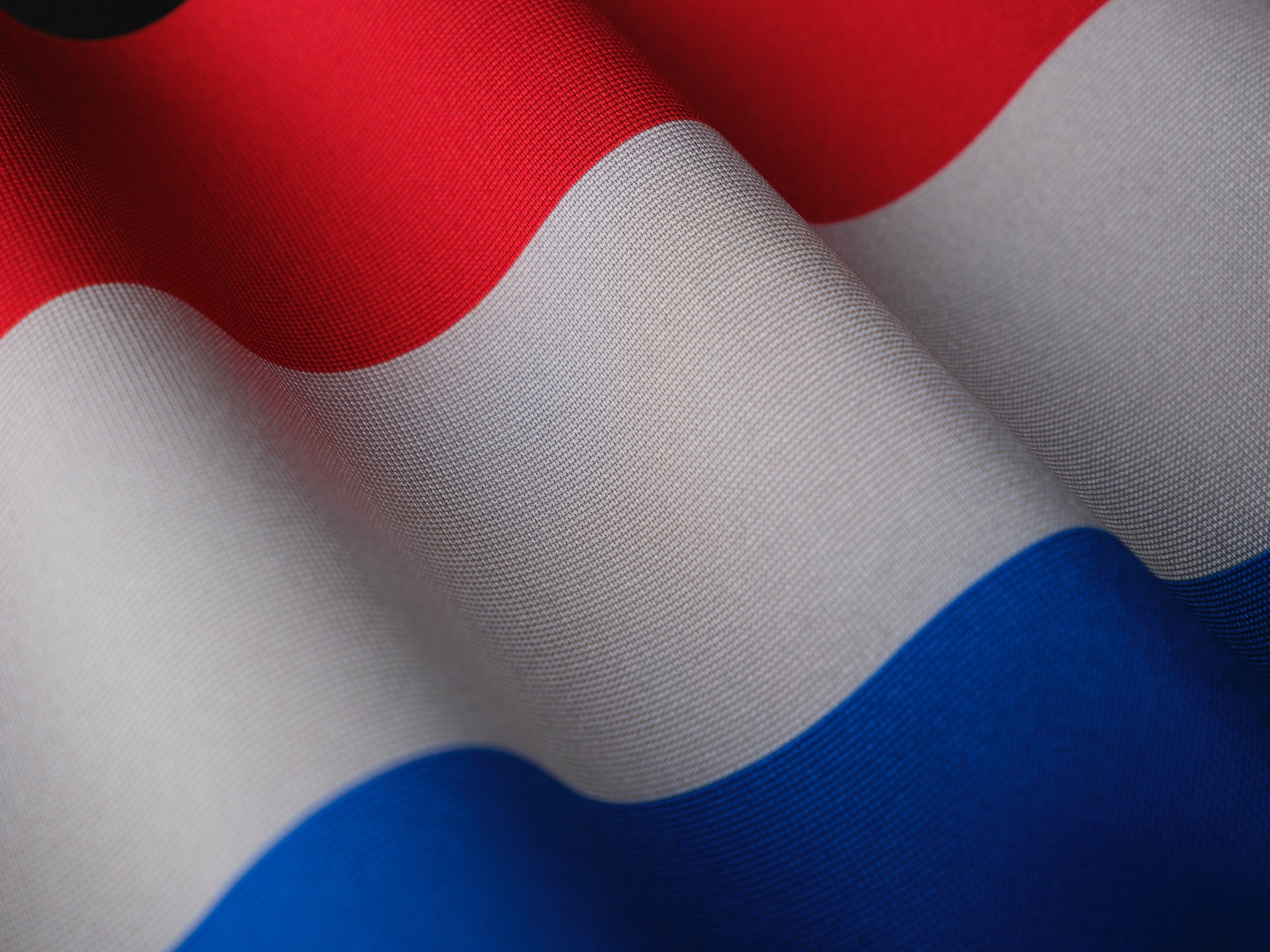The COVID-19 pandemic had a significant impact on the service sector in the Netherlands, with varying consequences for different industries. While the hospitality, tourism, and aviation industries faced severe challenges, others, such as e-commerce and telecommunications, experienced growth. As the Netherlands and the rest of the world continue to navigate the aftermath of the pandemic, it is crucial for the government and businesses to adapt and evolve in response to these new challenges and opportunities. The resilience of the Dutch service sector will play a vital role in the country's economic recovery and its ability to emerge stronger from the crisis.
Hospitality and Tourism
The hospitality and tourism industry has been one of the hardest hit by the COVID-19 pandemic. With lockdowns, social distancing measures, and travel restrictions in place, the industry faced a significant decline in demand. According to the Netherlands Bureau for Economic Policy Analysis (CPB), the hospitality sector experienced a 34% decline in output in 2020 compared to the previous year.
Major hotel chains, such as NH Hotels and Van der Valk, had to temporarily close their doors, resulting in massive job losses and financial strain. The Dutch government responded with financial support packages to help businesses in the hospitality industry stay afloat.
Aviation and Transportation
The aviation and transportation industry also faced significant challenges due to the pandemic. Travel restrictions and decreased demand led to a dramatic decline in air traffic. According to the Royal Schiphol Group, Amsterdam Airport Schiphol saw a 71% drop in passenger numbers in 2020 compared to 2019.
KLM, the national airline of the Netherlands, was severely impacted, with the airline reporting a €7.1 billion loss in 2020. The Dutch government provided a €3.4 billion financial aid package to KLM to help the airline weather the crisis.
Retail and E-commerce
The retail industry faced a mixed impact due to the pandemic. While brick-and-mortar stores experienced a decline in sales, e-commerce saw a significant surge. According to Statistics Netherlands (CBS), online sales in the Netherlands increased by 40% in 2020 compared to 2019.
Companies like Coolblue, a Dutch e-commerce platform, benefitted from this shift in consumer behavior, with sales growing by 34% in 2020. Meanwhile, traditional retailers like HEMA, a popular Dutch department store chain, struggled and filed for bankruptcy in June 2020.
Healthcare and Pharmaceutical Services
The healthcare and pharmaceutical sectors played a crucial role in combating the COVID-19 pandemic. While the demand for medical services and supplies increased, the industry faced challenges related to capacity, workforce shortages, and the rapid development of vaccines and treatments.
Dutch pharmaceutical company Janssen, a subsidiary of Johnson & Johnson, was at the forefront of vaccine development, with its single-dose COVID-19 vaccine receiving emergency use authorization from the European Medicines Agency in March 2021.
Telecommunications and Remote Work
As a result of the pandemic, remote work became the new norm for many businesses. The demand for telecommunications and digital services grew rapidly, with companies like KPN, a leading Dutch telecommunications provider, experiencing increased demand for their services.
In an interview with the Financial Times, KPN's CEO Joost Farwerck stated, "We have seen a 40% increase in data usage on our fixed network and a 25% increase on our mobile network" during the pandemic.
Read more views





